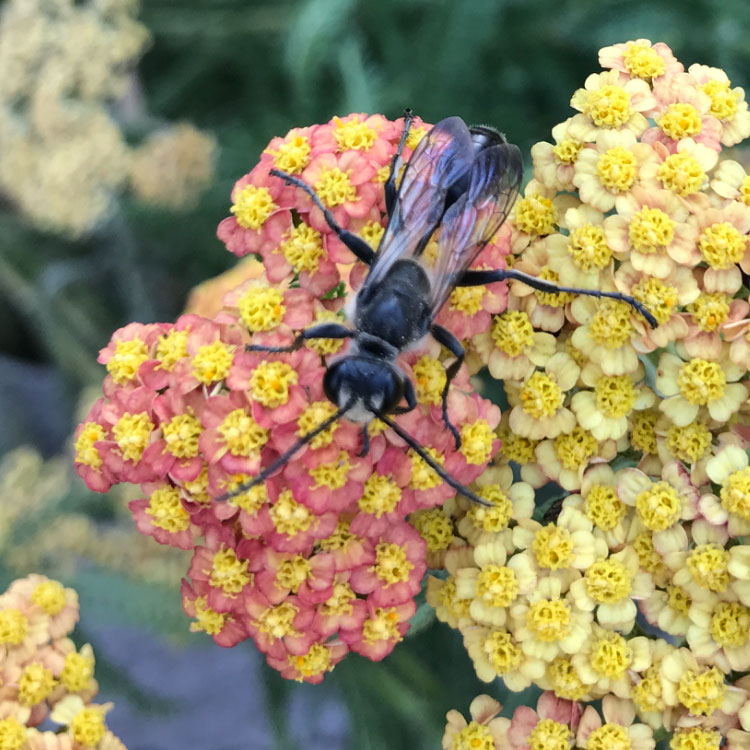By Sue Brunskill
It may seem insensitive, indulgent or outright rude to talk about gardens when so many people have lost so much, however gardens are much more than a luxury. There is much written about the psychological value of gardens, but they are more important than ever for recovery of our wildlife, given the amount of bush and farmland that has been burnt.
If you have the energy, now is a good time to go out and do some analysing of your garden – what is surviving and doing well without much water, what is providing food for birds and especially insects, what has not shrivelled up totally dry, where is it pleasant to spend time outdoors?
It is a challenge to have a garden that is inviting, providing habitat, and designed for the threat of drought and fire. Yes, it is a bit of juggling act and no better time than now to think about it.
All plants will burn and there aren’t really any fire-retardant plants, but some are more prone than others to burn.
Plants in the Myrtaceae family have oil in their leaves and are not the best choice for planting in numbers near the house. Examples are Bottlebrushes (Callistemon) Paperbarks (Melaleuca), Eucalypts, Tea trees (Leptospermum).
They are however fantastic habitat so are great to have somewhere in the garden – away from the house is better. The same with mulch – great for lizards and insects but a fire risk.
Some tips for designing in our increasingly hot and fire prone areas:
- Use gravel, paths or paving around the house (not woodchip)
- Make microclimates that shelter from the heat and especially the hot winds. You can use trees, hedges, walls, courtyards, pergolas.
- Many plants don’t need full sun in summer now the temperatures are higher. “A veggie garden needs full sun” doesn’t apply to many of our summer plants – lettuces, greens, basil, parsley benefit from no afternoon sun.
- Think about having more of the tougher plants and less of the tender ones that need more attention.
Using some water to keep plants alive for food for insects and birds is not a luxury -it a lifeline for many animals.
So, while we can feel pretty sad about our gardens at the moment it is a good opportunity to do some redesigning.

